In a time where bad news abounds, it’s essential to share the good – and the coronavirus can’t keep Seidenberg faculty down!
Information Technology professor Zhan Zhang of the Seidenberg School of Computer Science and Information Systems at Pace University was recently awarded a $175,000 grant from the National Science Foundation to pursue research in wearable technologies for emergency healthcare workers.
“This is my long-standing research interest,” said Dr. Zhang, who has been doing research in the healthcare technology field since 2011. “Emergency care work is inherently important to society as it deals with life-threatening injuries and emergency situations. Improving the work efficiency of emergency care will lead to better patient outcomes and decreased medical errors.”
Dr. Zhang’s almost decade of work in the field has brought him to his current project: designing and developing novel technologies to support decision making and collaboration in highly dynamic medical environments where decisions must be made quickly and acted upon immediately, such as when paramedics have to keep someone’s heart beating while transporting them to a hospital.
Dr. Zhang’s prior research on emergency care teams enabled him to “identify an essential gap in real-time capture and integration of relevant patient data in the field by paramedics.”
Throughout the two-year term of the grant support, Dr. Zhang aims to develop wearable devices that can be used by paramedics to 1) collect real-time patient data in a hands-free manner, and 2) communicate with ER and trauma teams at the receiving hospital. For example, paramedics transporting a patient to a hospital can wear a smart glass device that transmits what they are seeing to colleagues awaiting the patient at the hospital, enabling them to act upon observations and instructions delivered by colleagues with relevant expertise. This would allow for more efficient and effective patient care until the paramedics could deliver the patient safely to the hospital.
What Dr. Zhang hopes to accomplish is threefold:
1) To establish an interdisciplinary area of socio-technical research that addresses real-world problems while also advancing the current state of computing technologies for enhancing human abilities to capture, integrate, and analyze critical data in a natural way.
2) To establish an excellent platform for an integrated education and outreach program. This aligns with several Seidenberg’s initiatives such as the upcoming Master’s in Human-Centered Design program (planned for Fall 2021). A diverse group of students, including underrepresented minorities and first-generation immigrants, will be involved in this research work so that they can gain first-hand experience in research, user-centered design, and software development.
3) To distribute research outcomes widely, through premium journals and conference publications to broaden the impact of this research.
“I feel extremely excited to work on this challenging yet understudied research problem that has significant scientific and societal impacts,” Dr. Zhang added.
We feel excited to support Dr. Zhang in his efforts, bringing the Internet of Things (IoT) further to the medical world. Congratulations to Dr. Zhang, and we are grateful to the National Science Foundation for its support in his compelling research.


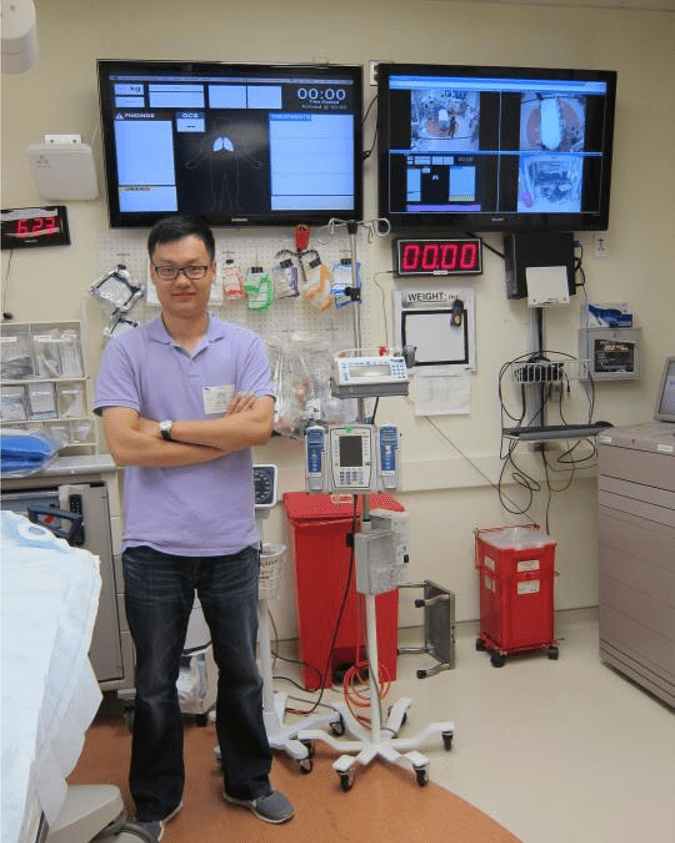
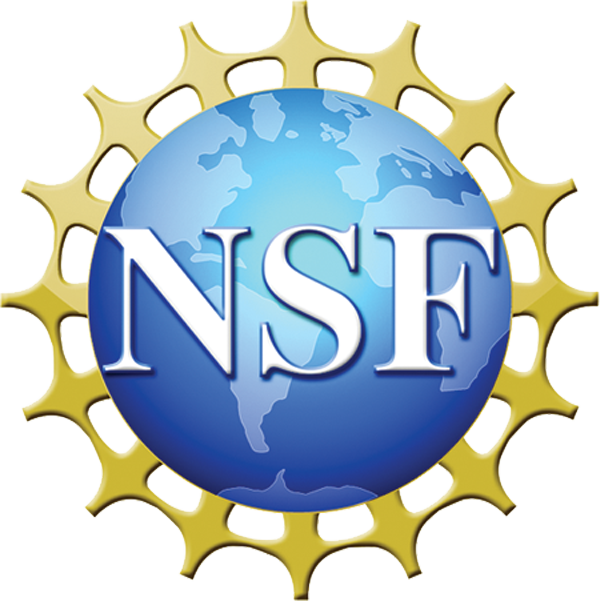
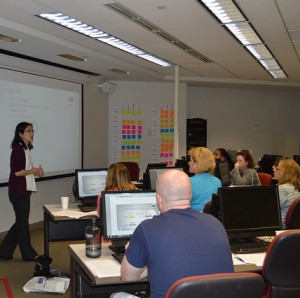
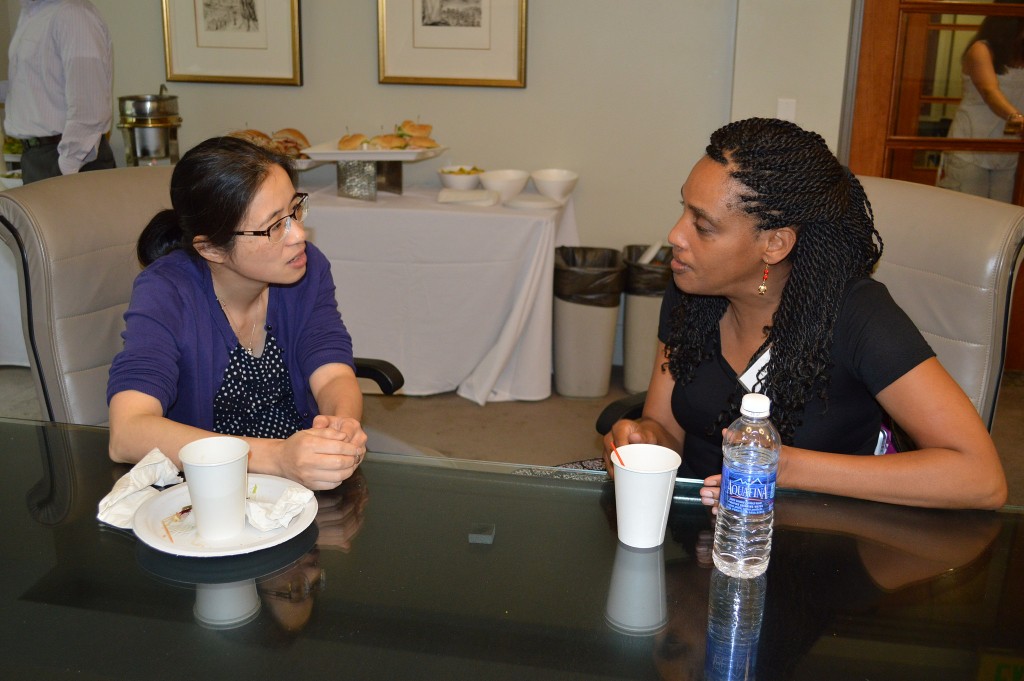

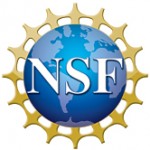
 Dr. Li-Chiou Chen received notification from the NSF in June that her proposal “Collaborative Project: Secure Web Development Teaching Modules” was approved. While Dr. Chen was the principal investigator, Drs. Lixin Tao and Chienting Lin also contributed to the development of the proposal.
Dr. Li-Chiou Chen received notification from the NSF in June that her proposal “Collaborative Project: Secure Web Development Teaching Modules” was approved. While Dr. Chen was the principal investigator, Drs. Lixin Tao and Chienting Lin also contributed to the development of the proposal.